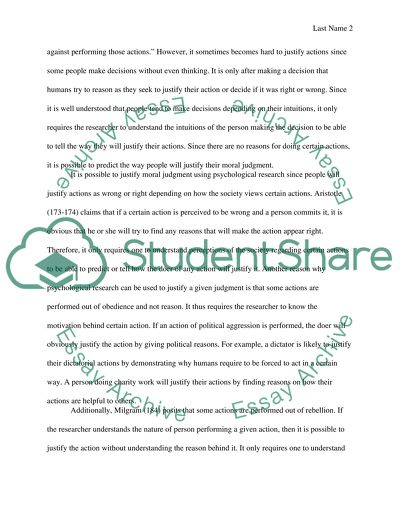Cite this document
(“Ethics Critique Essay Example | Topics and Well Written Essays - 1000 words”, n.d.)
Retrieved from https://studentshare.org/philosophy/1461087-ethics-critique
Retrieved from https://studentshare.org/philosophy/1461087-ethics-critique
(Ethics Critique Essay Example | Topics and Well Written Essays - 1000 Words)
https://studentshare.org/philosophy/1461087-ethics-critique.
https://studentshare.org/philosophy/1461087-ethics-critique.
“Ethics Critique Essay Example | Topics and Well Written Essays - 1000 Words”, n.d. https://studentshare.org/philosophy/1461087-ethics-critique.


